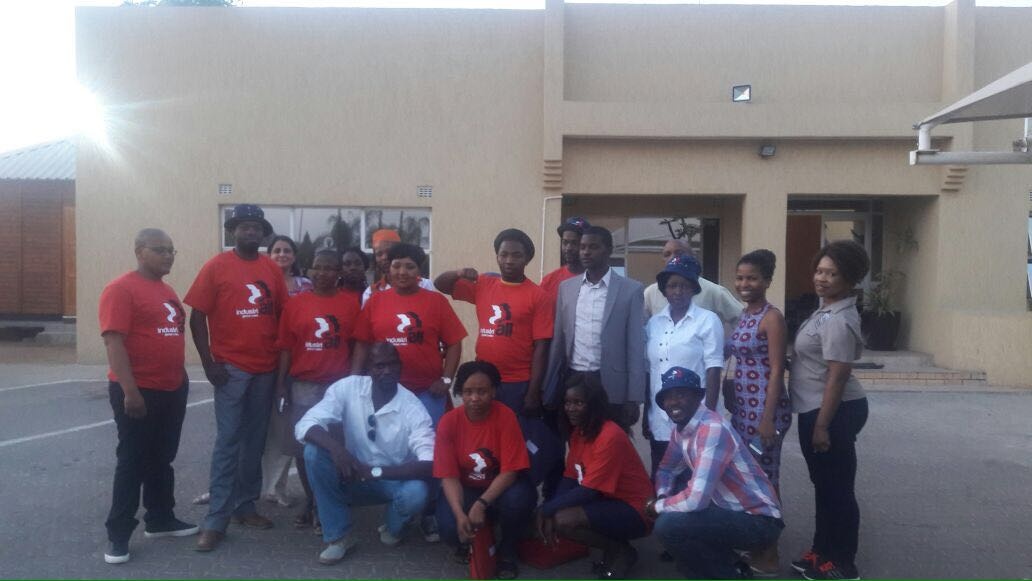Read this article in:
English
- Español
14 September, 2016Participants at a youth workshop in Gaberone, Botswana brought new energy and a fresh outlook to challenges facing affiliates to build strong unions.
The workshop, with representatives of unions affiliated to IndustriALL Global Union in South Africa, Namibia, Botswana, Swaziland and Lesotho was held on 5 and 6 September, with the support of the Friedrich Ebert Stiftung.
The workshop was attended by 20 people, nine of them women, who debated how best to organize young people in unions. The ILO defines youth as being 15 to 24 – a group that is vulnerable to exploitation when they become formal or informal workers in Africa.
By contrast, most unions define youth as members who are under 35. While this ensures that young workers who gain late entry to employment still have access to youth programmes, affiliates must be encouraged to consider varying needs; the needs of a young teenage worker are different than a worker who is in their early thirties.
Participants pointed out that unions needed the youth to be representative of the workforce. The African continent has a young population and the typical worker in our workplaces is under 35 years old. This is to some extent reflected in our unions in Southern Africa where there is good youth participation in structures especially those close to the ground but also increasingly in leadership roles. However, this is not the case in all affiliates in the region. In some unions there is a resistance to development of youth members. This is reflected in poor commitment to education generally in many union and to internal development of structures to ensure active and democratic participation.
Intense discussions were held on whether unions needed youth structures in the union or if these structures enabled youth issues to be sidelined by lack of support and resources. Concerns were raised that without structures youth issues would not be prioritized in the union. Participants agreed that at the very least unions should have youth policies which address representation and enable youth programmes.
Participants agreed that unions need to transform to organizing to be inclusive and give all members a role in organizing, from retired members to share experience, to older members mentoring younger ones and young members that inspire youth to join the union. Unions need to recognize that many young workers are also parents of young children and a supportive environment will encourage their participation. Participants also noted that these inclusive approaches must ensure that there is no discrimination based on sexual and gender orientation in our unions.
Participants had a lengthy discussion on education, defined as skills or knowledge based. Whilst unions have a role to play in ensure young workers have access to skills development, worker education was identified as critical to ensure that class struggle continues to be fuelled with young blood. Participants proposed that independent worker education, already established in some countries, is networked by IndustriALL in the African region to ensure that young members of affiliated unions can access education programmes.
Participants agreed that a key campaign for youth in the region is the living wage campaign as youth in the region can be defined as the working poor. They proposed that the living wage campaign is taken up at a regional level across all sectors. The African Youth Charter has progressive clauses that can be used to encourage industrialisation and making available resources to young people to productively contribute to their communities and the economy. Participants motivated that an IndustriALL regional youth structure could engage with the African youth movement at the AU level.
Participants went through the proposal put forward by the Youth representative of Latin American affiliates and have endorsed this. A least one of the participants will be able to present on behalf of the region at the Youth meeting taking place in Rio before the Congress where it is hoped the proposal of youth collectives will be adopted.









